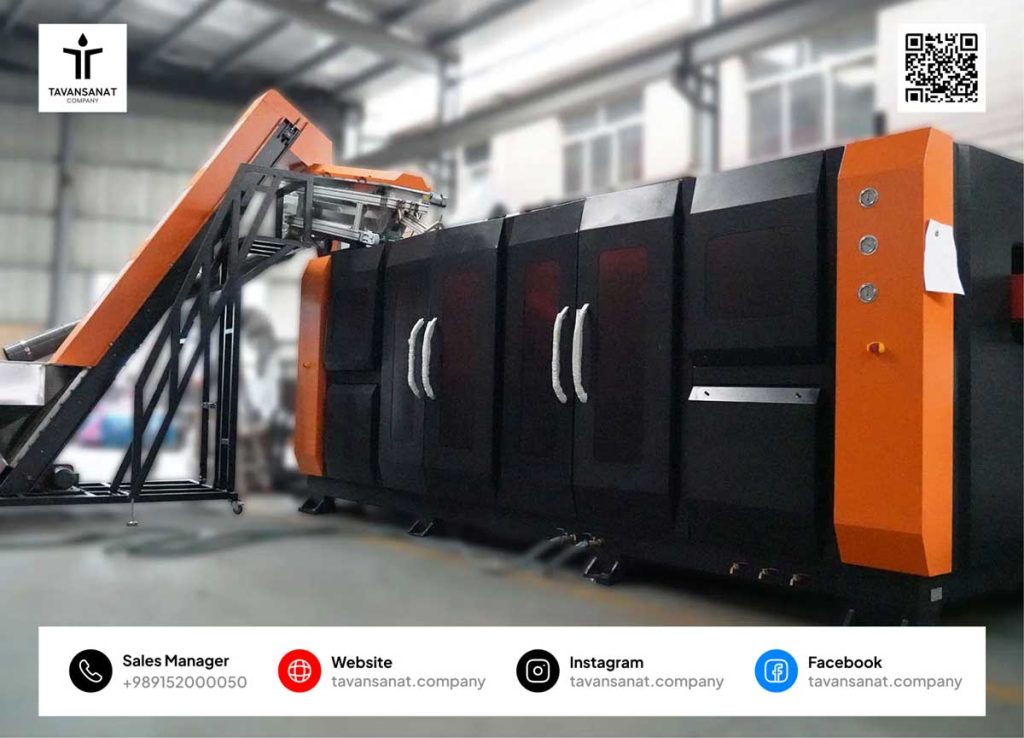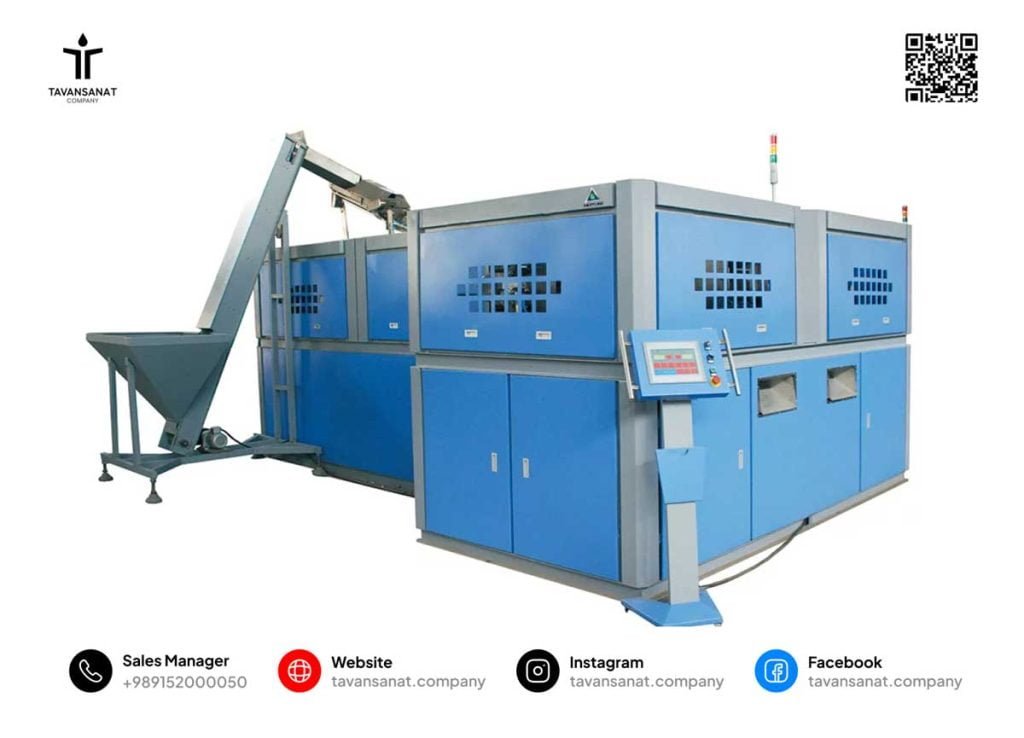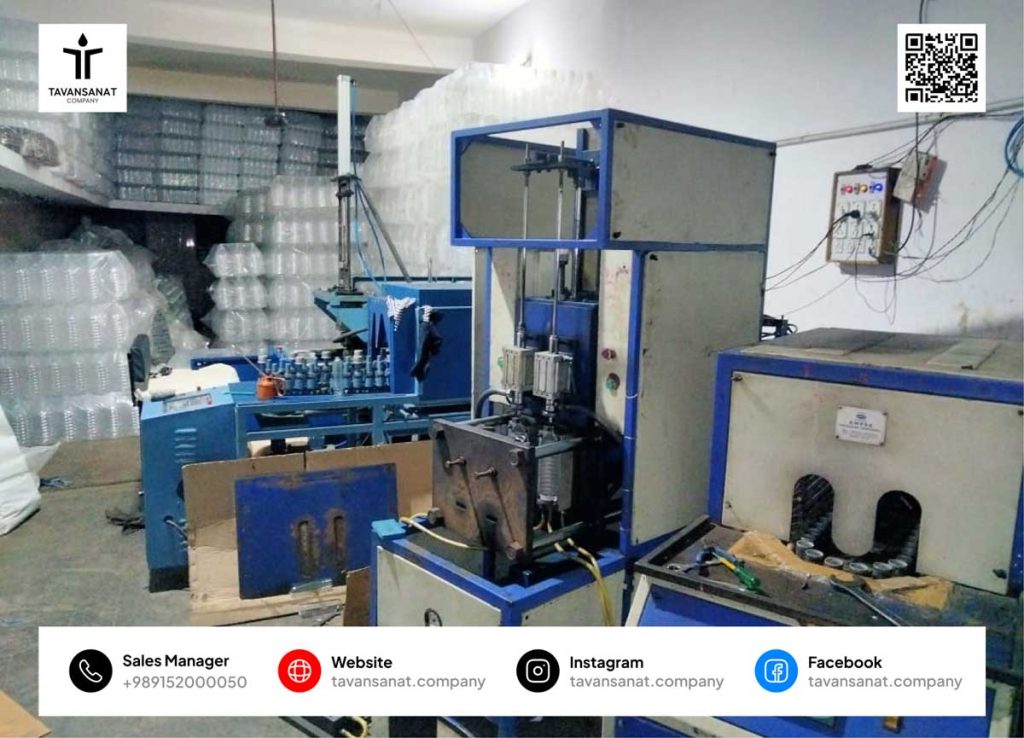
Industrial Bottle Warmer vs. Bottle Heater: Understanding the Differences and Applications
In the realm of industrial processes, precision heating plays a pivotal role across diverse sectors like food and beverage, pharmaceuticals, and cosmetics. Within this sphere, the distinction between an industrial bottle warmer and a bottle heater holds significance, delineating specialized functions crucial in various manufacturing procedures.
Industrial Bottle Warmer: Enhancing Efficiency and Quality
An industrial bottle warmer is a fundamental asset utilized across multifaceted industries, serving the purpose of heating liquids within bottles to specific temperatures. This efficient machinery employs diverse heating techniques, including steam, hot water, or electric heating elements, to swiftly and uniformly elevate the temperature of bottle contents. Its functionality extends to optimizing production times and ensuring consistency in product quality. From streamlining manufacturing processes to preserving the integrity of formulations, these warmers are indispensable in fostering operational efficiency.
Bottle Heater: Precision in Shaping Bottles
Conversely, the bottle heater focuses on a specific facet of bottle production – heating bottles for the shaping process. This essential heating device is instrumental in the meticulous art of blowing and shaping bottles. Tavansanat’s team of experts provides invaluable insights into this niche, offering unique and practical information tailored for professionals engaged in bottle manufacturing. From heating techniques to the nuances of shaping, their expertise delves deep into the intricacies of bottle formation.
Optimizing Operations with Precise Heating Solutions
Understanding the nuances between these two heating mechanisms is pivotal for industries seeking enhanced operational efficiency and optimized manufacturing processes. From streamlining liquid processing to perfecting bottle shaping, the tailored functionalities of these devices cater to distinct needs within the industrial landscape.
Explore our comprehensive guide delving into the functionalities, applications, and comparative advantages of industrial bottle warmers and bottle heaters. Gain insights that elevate your understanding and application of these essential heating solutions within diverse industrial contexts.

Table of Contents
Types of industrial bottle warmers
Several types of industrial bottle warmers are commonly used in various industries. Some of the most common types include:
Electric bottle warmers: These use electric heating elements to warm the bottles and are typically easy to use and maintain.
Steam bottle warmers: These use steam to heat the bottles and are often used in the food and beverage industry.
Hot water bottle warmers: These use hot water to heat the bottles and are often used in the pharmaceutical industry.
Agitating bottle warmers: These use a combination of heat and agitation to warm the bottles and are often used in industries where the contents need to be mixed or blended.
Infrared bottle warmers: These use infrared radiation to heat the bottles and are often used in industries where the contents are sensitive to high temperatures.
The type of industrial bottle warmer best for a particular application depends on factors such as the type of liquid being warmed, the required temperature, and the production volume.
How the industrial bottle warmer works
The exact workings of an industrial bottle warmer depend on the type and model of the machine, but generally, these are the basic steps:
Load the bottles: The operator loads the bottles to be warmed into the machine, typically via a conveyor or other automated feeding system.
Heat the bottles: The machine applies heat to the bottles using several methods (such as electric heating elements, steam, or hot water). The temperature and heating time will depend on the type of liquid being warmed and the desired final temperature.
Control temperature: Most industrial bottle warmers have temperature control systems that regulate the heat applied to the bottles and prevent overheating.
Unload the bottles: Once they are heated to the desired temperature, they are ready to be unloaded from the machine and used in the following production stage.
Some industrial bottle warmers may also include agitating systems or other mechanisms to ensure that the contents of the bottles are mixed or blended thoroughly during the heating process. Overall, industrial bottle warmers are designed to provide a fast and efficient way to heat liquids in large quantities, making them an essential component in many production processes.
Types of industrial bottle heaters
Several types of industrial bottle heaters are commonly used in various industries. Some of the most common types include:
Circulating water bath heaters: These use a water bath that circulates heated water around the bottles to maintain a consistent temperature. They are often used in laboratory settings to maintain precise temperatures for experiments.
Drum and tote heaters: These are designed to wrap around or sit beneath large containers such as drums or totes and use electric heating elements to maintain a consistent temperature.
Silicone rubber heaters: These are flexible heaters that can be wrapped around the outside of bottles, tanks, or other containers and use electric heating elements to maintain a consistent temperature.
Immersion heaters: These are designed to be submerged directly into the liquid in a bottle or tank and use electric heating elements to maintain a consistent temperature.
Infrared heaters: We speak about this.
How the industrial bottle heaters works
Industrial bottle heaters are specialized devices designed to heat bottles for shaping and forming processes in manufacturing. These heaters use various heating methods to soften the material of the bottles, allowing them to be molded and shaped according to desired specifications.
The process typically involves:
- Heating: Industrial bottle heaters employ heat sources such as infrared radiation, hot air, or ovens to raise the temperature of the bottles evenly. This controlled heating softens the material without damaging or distorting the bottles.
- Shaping: Once the bottles reach the optimal temperature, they become pliable and can undergo shaping processes such as blowing, molding, or forming. This phase is crucial for creating the desired design and structure of the bottles.
- Cooling: After shaping, the bottles are cooled rapidly to solidify and retain their new form. Cooling is often achieved through air or water cooling systems to expedite the process.
- Quality Control: Throughout the entire heating and shaping process, quality control measures are implemented to ensure that the bottles meet the required standards in terms of shape, size, and structural integrity.
These industrial bottle heaters are vital in industries like glass manufacturing, plastic molding, and packaging, where precision in bottle design and production is paramount. The heaters facilitate the efficient creation of bottles with specific shapes, sizes, and characteristics demanded by various industries, ensuring consistent and high-quality production.

Industrial Bottle Warmer vs. Bottle Heater
The terms “industrial bottle warmer” and “industrial bottle heater” are sometimes used interchangeably, but they can refer to different machines with slightly different functions.
An industrial bottle warmer is typically designed to quickly heat bottles of liquid to a specific temperature for processing, packaging, or other purposes. It may use different heating methods and may have features such as temperature control and agitation systems.
On the other hand, an industrial bottle heater is often used to maintain the temperature of liquids in bottles, tanks, or other containers over a more extended period. It may be used in industrial settings to keep liquids at a consistent temperature during storage or transport or in laboratory settings to maintain precise temperatures for experiments.
In general, the main difference between an industrial bottle warmer and an industrial bottle heater is the intended use and the length of time for which the machine is used to heat the bottles. However, each machine’s specific features and capabilities can vary depending on the manufacturer and the intended application.

The cost of an industrial bottle warmer and heater
The price of an industrial bottle warmer or heater can vary widely depending on several factors, including the brand, model, capacity, and machine features. Generally speaking, industrial bottle warmers are usually more expensive than industrial bottle heaters due to their more complex heating systems and additional features.
As a rough estimate, industrial bottle warmers can range in price from a few hundred dollars for smaller models to tens of thousands of dollars for larger, more advanced models. Industrial bottle heaters can range in price like industrial bottle warmers.
It’s important to note that the cost of the machine is just one part of the overall cost of using an industrial bottle warmer or heater. Other factors that can affect the price include the cost of the energy used to power the machine, maintenance and repair costs, and any additional costs associated with using the machine (such as the cost of replacement parts or training for machine operators).
conclusion of this article
In the industrial landscape, advanced machinery designed to precisely elevate temperatures within bottles, containers, or tanks is indispensable. These specialized devices, akin to virtual assistants in manufacturing, employ diverse heating techniques, alongside additional functionalities like temperature regulation, agitation systems, and insulation. The pricing of these machines varies considerably, contingent upon factors such as brand, model sophistication, capacity, and incorporated features.
Their fundamental role lies in ensuring the consistent and precise temperature control of liquids throughout numerous production and laboratory procedures. These innovations play a pivotal part in various industries, optimizing processes where maintaining specific liquid temperatures is critical for quality and efficiency.
The versatility of these equipment, capable of handling different heating methodologies, positions them as indispensable assets across sectors reliant on meticulous temperature management. From refining manufacturing protocols to facilitating controlled laboratory experiments, industrial bottle warmers and heaters stand as indispensable aides in maintaining optimal liquid conditions throughout diverse industrial processes.

